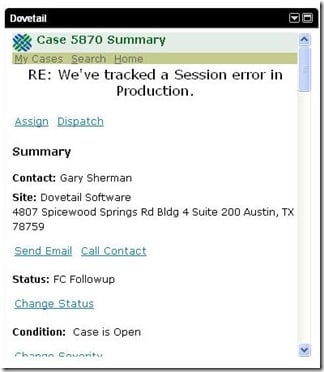
“Physicians’ relationships with the pharmaceutical industry should be transparent and focused on benefits to patients,” he says. “It doesn’t say that physicians can’t have relationships it simply says that they should be a matter of public disclosure.”Īmerican Medical Association President Jeremy Lazarus, MD, agrees. The Sunshine Act is “very reasonable,” he says. The final rule was published in February, and Nissen does not agree with its critics. Some corporations tired of waiting to put into effect their advance compliance efforts. Even some groups supporting the overall goal of the act expressed misgivings-for instance, about whether physicians would be adequately protected if disputes occurred. The voices of these physicians joined a chorus of other organizations representing doctors, including the American Medical Association and National Physicians Alliance, calling for release of the final rule, although the proposed act also prompted opposition from those who thought the requirements unnecessary or who were concerned about the burdens of reporting, government involvement, or a possible chilling effect on productive collaborations. In November, CMS submitted a preliminary version of the final rule to the Office of Management and Budget for review by the Office of Information and Regulatory Affairs. The Centers for Medicare and Medicaid Services (CMS) ultimately published the proposed rule in December 2011, however, and accepted comments until February 2012. The Affordable Care Act had required that reporting procedures be established by October 2011, with information collection beginning in January 2012 and data submitted to the Department of Health and Human Services by the end of March 2013. Nissen was one of five prominent physicians who sent a letter to then-White House Chief of Staff Jacob Lew in January pressing for an end to the delay in release of the final rule.

“If I prescribe an expensive, branded drug to treat your cholesterol, you should know whether or not I have a financial relationship with the company that makes that drug.” The Sunshine Act, he adds, is about fairness to patients as well. “In a democracy, transparency is the best policy.”

"Secrecy in a democracy is never a good thing,” says the chairman of the Robert and Suzanne Tomsich Department of Cardiovascular Medicine at the institution. The comprehensive, nationwide effort that the Physician Payment Sunshine Act represents is desperately needed, says Steven Nissen, MD, of the Cleveland Clinic.


 0 kommentar(er)
0 kommentar(er)
